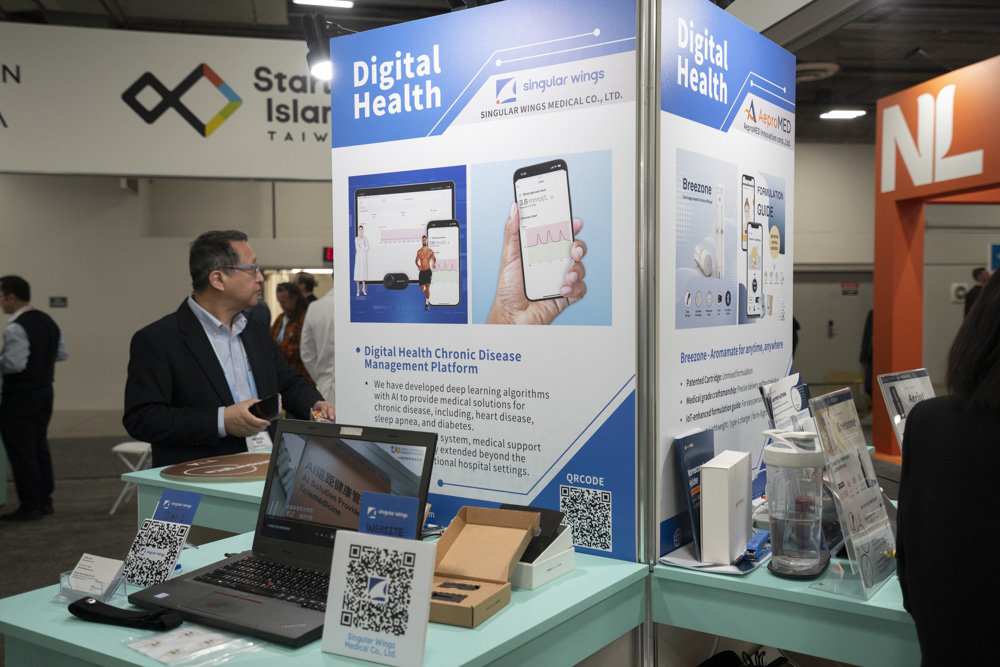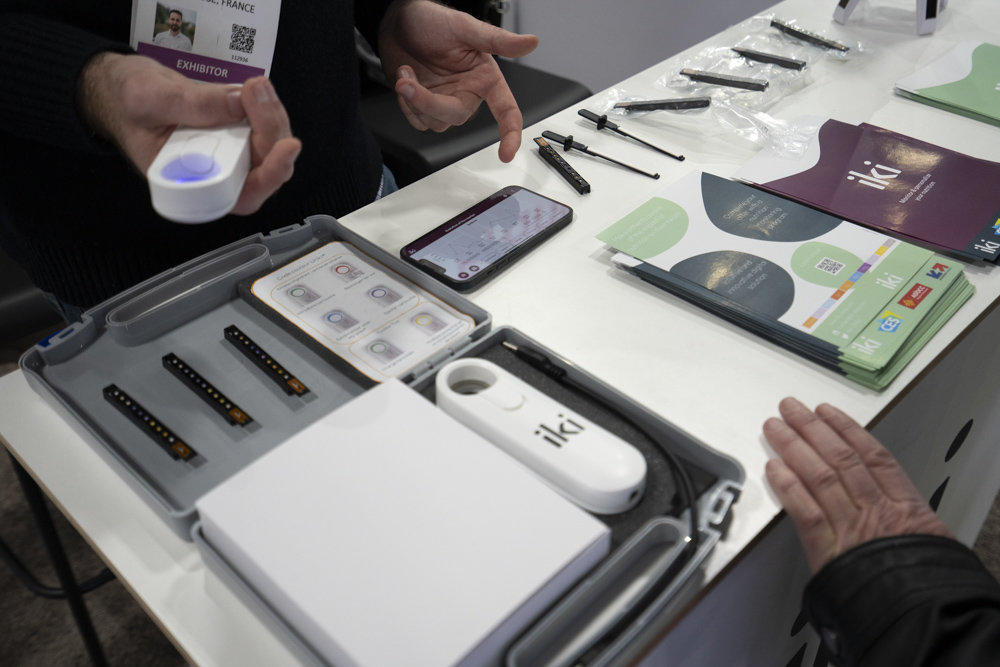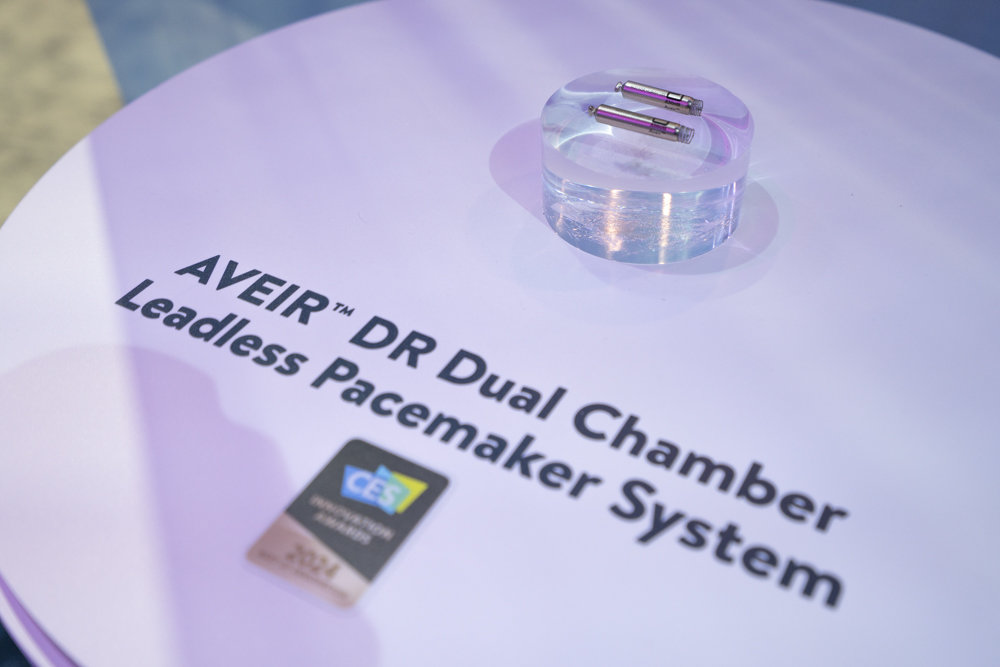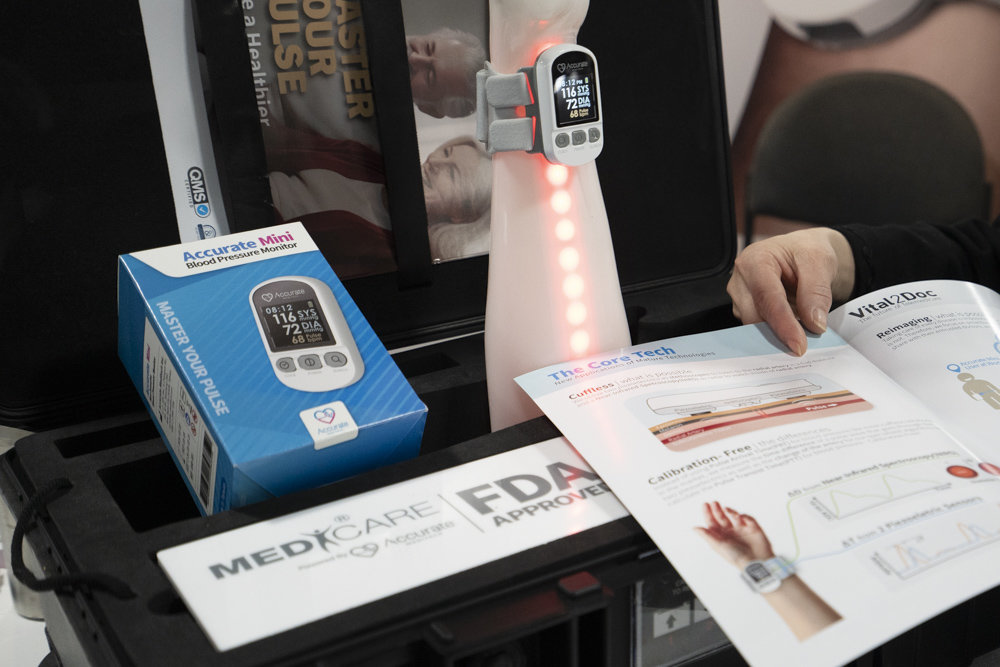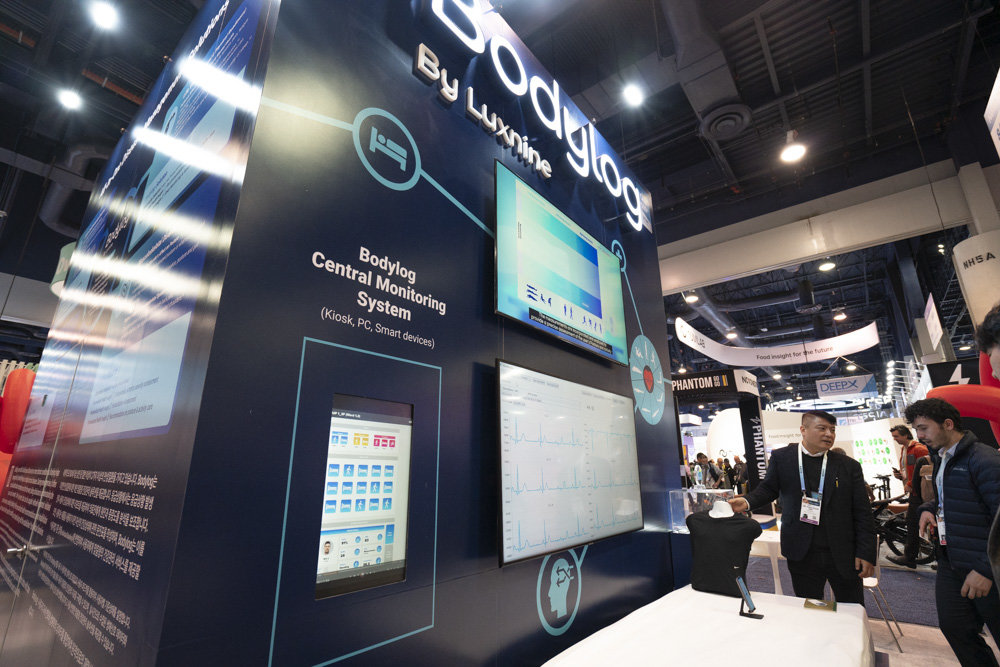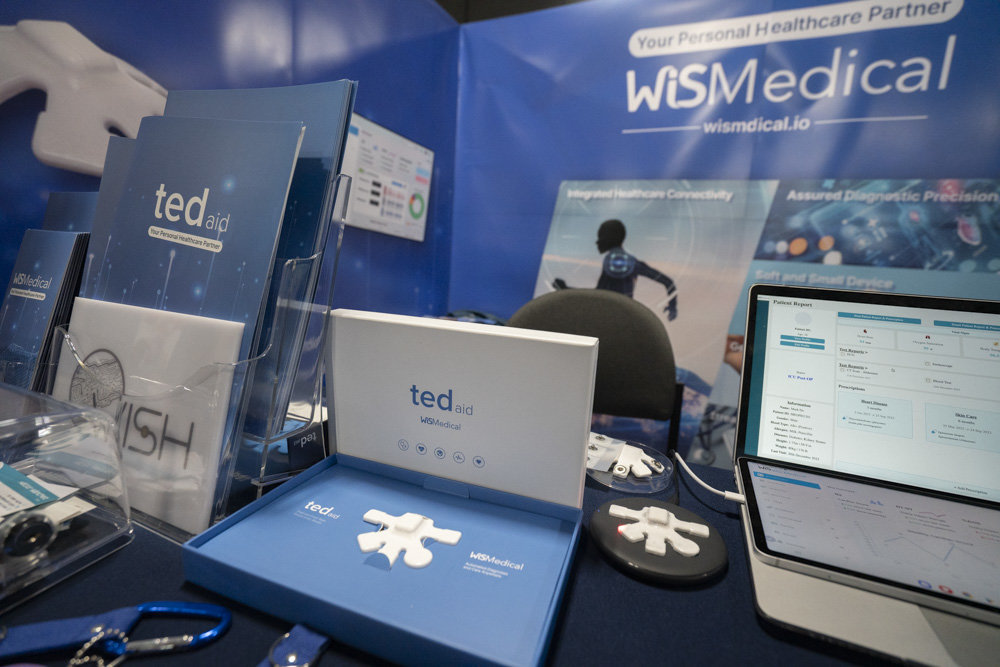
Resource
News
If you leave a question, we will respond quickly and kindly.
Digital healthcare is a new form of healthcare that combines digital technology with the scope of existing medical care. The US FDA sees digital healthcare as a concept that encompasses mobile health, health information technology, wearable devices, telehealth and telemedicine, and personalized medicine. In addition, digital healthcare has great potential in that it can manage diseases more closely and provide personalized medical services using everyday devices, and 'healthcare and wellness' is also considered a very important market at the Consumer Electronics Show (CES 2024).
In particular, this year's CES 2024 is an opportunity to look at the rapidly evolving digital healthcare trends centered around large corporations and startups. From the perspective of an IT reporter, we will look at four changes and trends in the digital healthcare market.
Evolving to be easier and more convenient to use
The key word that permeates the digital healthcare market is convenience. Since digital health itself means a lighter and more accessible medical method, it must advance to a level that anyone can easily understand.
The Beatinfo service from Taiwan's Singular Wings measures heart rate, activities, and programs in a customized manner and presents physiological reports when equipped with a healthcare terminal. It also links to a non-invasive blood sugar monitoring terminal to help measure and manage blood sugar levels in the long term. In addition, if there is a caregiver, it is provided in a way that allows remote monitoring of health status and blood sugar levels and notifications.
Iki, a French medical diagnostic equipment company, introduced a personalized health monitoring system using urine tests at CES 2024. Current personal urine test devices focus on measuring sodium content or protein content. On the other hand, Iki's product can easily measure a total of ten items, including urine acidity, uric acid, albumin, calcium, and magnesium, in a kit format, and the device automatically sends the data to a smartphone for monitoring. It is convenient for people to manage their own health, and there is also room for introduction for medical purposes.
'Medical devices' are also taking a leap into digital health
Abbott's Avery Dual Chamber Electrodeless Pacemaker won the Best Innovation Award at CES 2024. Pacemakers have been used for nearly 60 years, and have been sufficiently miniaturized to be wireless and wired. However, Abbott's Avery Dual Chamber Electrodeless Pacemaker is one-tenth the size of existing pacemakers. Each pacemaker is inserted into the right atrium or right ventricle, and the device's pacing function is synchronized through a unique inter-implant communication method. In addition, the timing can be changed later, or only one can be installed first to minimize problems that may occur during implantation. Wireless synchronization technology and miniaturization technology are merging with the general medical device market to bring about radical innovation.
There are also cases where existing wearable devices are evolving into official medical devices approved by the FDA. Accurate Meditech's Accurate 24 BPM cuffless blood pressure monitor is a device that is worn on the wrist and continuously measures blood pressure. Unlike existing blood pressure measurement devices that measure by applying pressure, Accurate's solution places two piezoelectric elements separately and analyzes the sound waves and vibrations generated when blood pressure touches the piezoelectric elements to read blood pressure. In addition, as it is an FDA-approved medical device, it is sufficiently reliable.
Big data and digitalization through SaaS, cloud, etc.
Swiss medtech company Nutrix has developed gSense, a platform that collects medical data and provides it as a software-as-a-service (SaaS) for the first time. gSense detects cortisol and glucose concentrations in saliva, collects health data such as fatigue and blood sugar, and digitizes it into an application.
The collected data is then moved to a cloud server and provided in the form of appropriate customized medical guidance by combining its own technologies. While existing healthcare solutions only collected data, gSense has completed the stage of analyzing and utilizing the data. As the level of completion increases in the future, it will be able to support more diverse measurement methods and even remote monitoring.
Products that have been developed in a practical direction to reduce inconvenience are also noteworthy
There are many digital health products that have evolved in a practical direction, such as reducing the inconvenience of wearables. Bodylog's sleep measurement solution consists of three items: chest clip, patch, and mattress gear. When you use these devices and sleep, you can collect various health data.
In particular, unlike other products that focus on sleep quality, it focuses on analyzing medical data such as sleeping posture, cardiovascular data, musculoskeletal system, and nervous system data, helping to continuously manage and track chronic diseases. Depending on the level of use, it is possible to analyze personal health as well as remotely collect patient data in real time from hospitals or nursing homes.
Digital health products that reduce the inconvenience of existing wearable devices have also appeared. WisMedical's wearable bio-monitoring device is attached to the center of the body with silicone material rather than a watch or sticker. Thanks to this, the attachment method is simple, and it is elastic, reducing inconvenience even with various movements.
In particular, it can collect data more accurately because there is less shaking when moving, and it weighs only about three 10 won coins, so it is barely noticeable. Using this, medical institutions can track heart rate and oxygen saturation 24 hours a day, and it can also help with remote medical treatment and exercise management. It is a good example of a wearable that has evolved into a practical form, breaking away from the stereotype that wearables must be in the form of watches.
Digital healthcare, the era when we can access it like a smartphone
What I felt while looking around the digital health booths at CES 2024 is that the digital health market as a whole is moving toward greatly increasing accessibility. Even as an IT reporter who knows nothing about medicine, I could clearly feel that digital healthcare itself is evolving so that anyone can handle it. In addition, digital health products aim to collect advanced data that can be used for medical purposes, and products that make it easier and more convenient to use are gaining popularity.
In the long term, people may use digital healthcare products in their daily lives, just like they use smartwatches. Acumen Research & Consulting predicts that the digital healthcare market will grow by an average of 25.3% annually from 2023 to reach $1.592 trillion (approximately 2,095 trillion won) by 2032. Advancements in IT infrastructure, the development of user-friendly digital health platforms, and customized medical experiences are contributing significantly to the expansion of the market size. As this trend was fully felt at CES this year, digital health will continue to be a topic that receives attention in the future.
Posted 2024-01-11 14:22 Updated 2024-01-17 16:21
Nam Si-hyeon, IT expert at Donga.com (sh@itdonga.com)
https://www.donga.com/news/It/article/all/20240111/123003716/1




